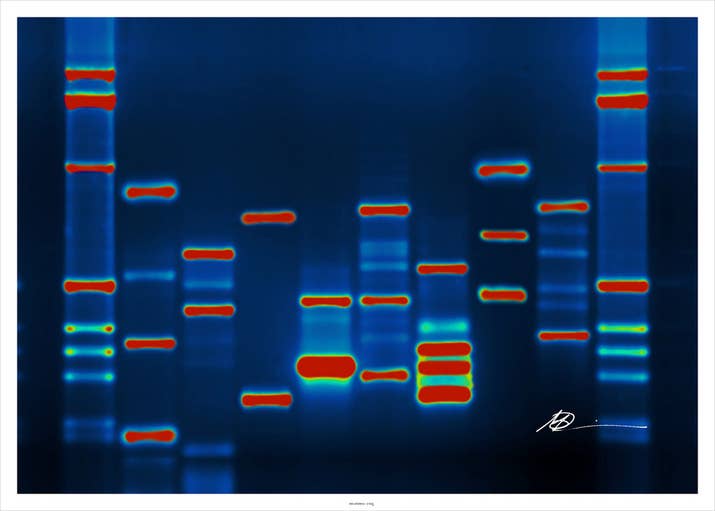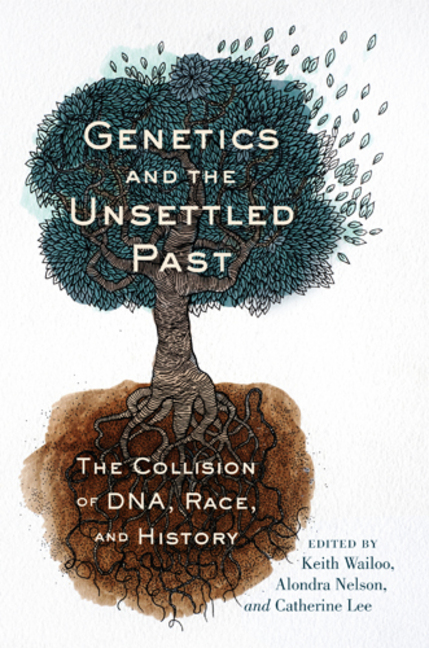Large DNA Study Traces Violent History of American SlaveryPosted in Africa, Articles, Canada, Caribbean/Latin America, Europe, Health/Medicine/Genetics, History, Media Archive, Slavery, United States on 2020-07-24 03:03Z by Steven |
Large DNA Study Traces Violent History of American Slavery
The New York Times
2020-07-23
 An 1823 cross-section diagram of a ship used to carry enslaved people. incamerastock/Alamy |
Scientists from the consumer genetics company 23andMe have published the largest DNA study to date of people with African ancestry in the Americas.
More than one and a half centuries after the trans-Atlantic slave trade ended, a new study shows how the brutal treatment of enslaved people has shaped the DNA of their descendants.
The report, which included more than 50,000 people, 30,000 of them with African ancestry, agrees with the historical record about where people were taken from in Africa, and where they were enslaved in the Americas. But it also found some surprises.
For example, the DNA of participants from the United States showed a significant amount of Nigerian ancestry — an unexpected finding, as the historical record does not show evidence of enslaved people taken directly to the United States from Nigeria.
At first, historians working with the researchers “couldn’t believe the amount of Nigerian ancestry in the U.S.,” said Steven Micheletti, a population geneticist at 23andMe who led the study…
…The 23andMe project found this general pattern, but also uncovered a startling difference in the experience of men and women between regions in the Americas.
The scientists calculated that enslaved women in the United States contributed 1.5 times more to the modern-day gene pool of people of African descent than enslaved men. In the Latin Caribbean, they contributed 13 times more. In Northern South America, they contributed 17 times more.
What’s more, in the United States, European men contributed three times more to the modern-day gene pool of people of African descent than European women did. In the British Caribbean, they contributed 25 times more…
Read the entire article here.


